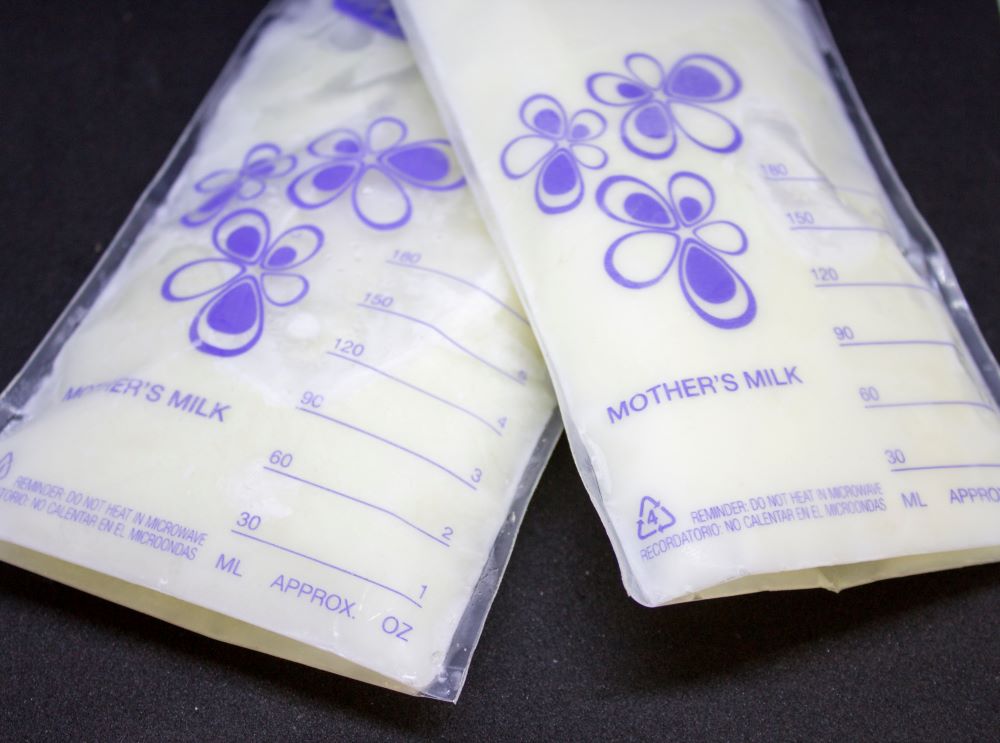Medicaid should cover donor breast milk for vulnerable infants

Expanded coverage could save lives and save taxpayer money (Adobe Stock)
Each day, more than 1,000 babies are born prematurely in America. Born before 37 weeks and often weighing less than five pounds, these infants are at greater risk for a suite of serious health problems, including life-threatening infections, chronic lung disease, blindness, and death.
One of the leading causes of death is necrotizing enterocolitis. An inflammatory disease of the gut, necrotizing enterocolitis can kill up to 40% of the smallest — and most vulnerable — babies. Those who survive can face lifelong complications.
The best way to prevent this disease in babies born prematurely is giving them human breast milk. Feeding preterm infants exclusively human milk, rather than formula, reduces the odds of developing necrotizing enterocolitis by 77%. But a mother’s own milk supply often isn’t enough. This is when donor human milk becomes essential. Importantly, Medicaid pays for 42% of all births in the U.S. but covers access to donor milk in just 17 states.
As public health researchers at the University of Florida and members of the Florida Medical Schools Quality Network, we have shown that expanding Medicaid coverage of donor milk is one of the most effective ways to provide this treatment to more children. In response to our research, the Florida legislature passed a law in 2022 to mandate Medicaid coverage for donor milk.